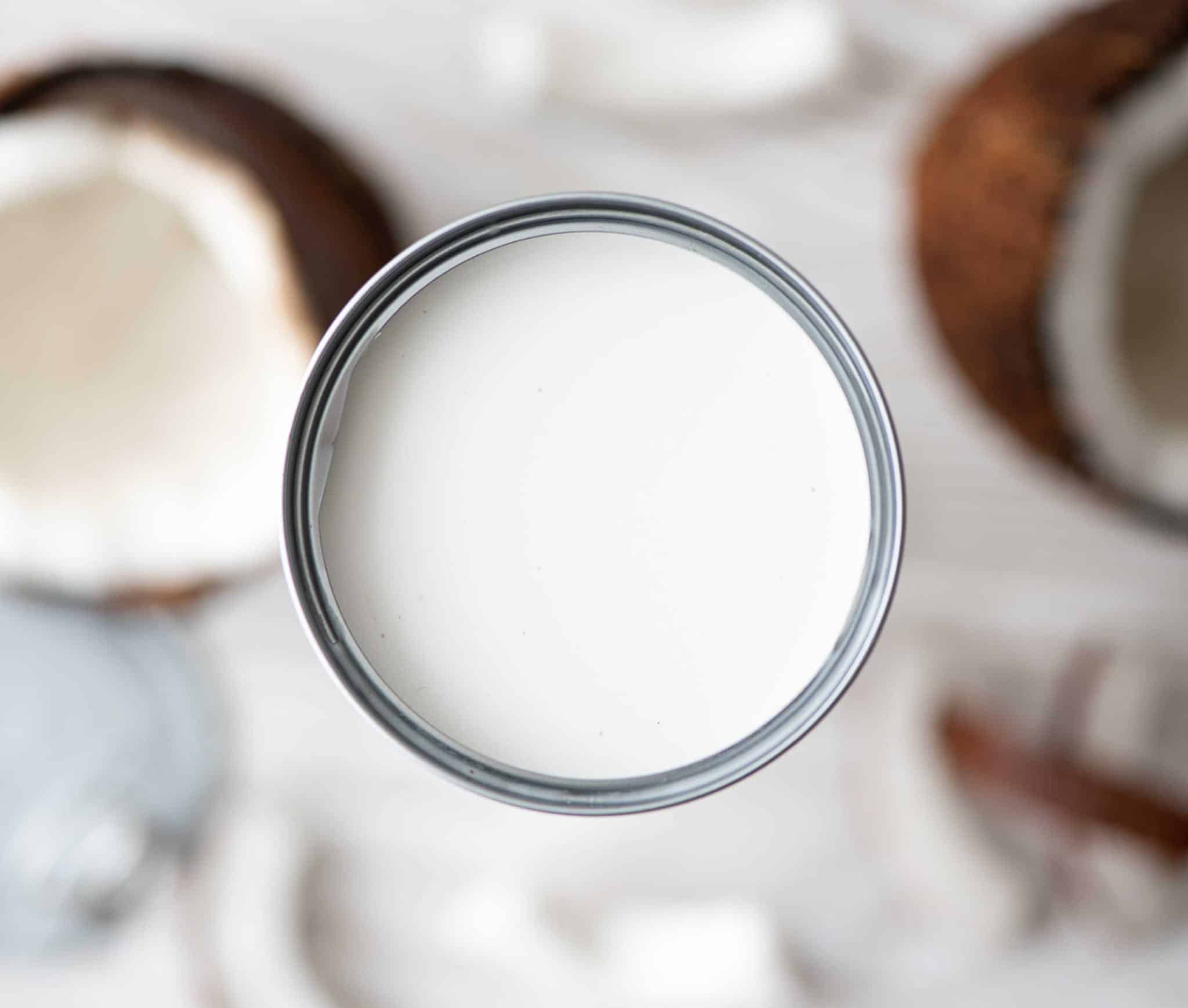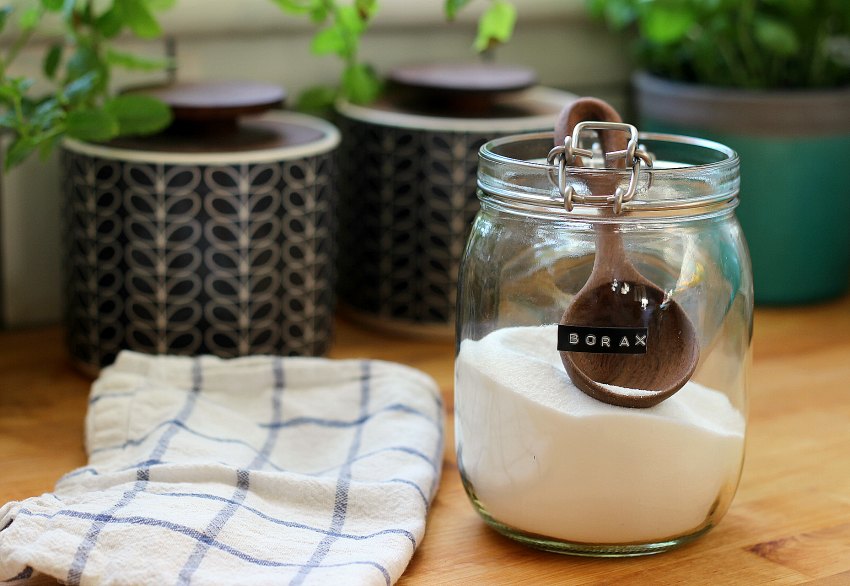Yes, You Can Freeze Coconut Milk – Here’s How!
To support the running costs of Moral Fibres, this post may contain affiliate links. This means Moral Fibres may earn a small commission, at no extra cost to readers, on items purchased through these links.
Can you freeze coconut milk? Yes, you can! Let me show you how to freeze coconut milk in a tin can, as well as the fresh stuff from the carton,
When it comes to saving money, wasting food is something we all want to avoid. But were you aware of the environmental impacts of food waste?
Environmentally, food waste is a huge issue. In fact, food production is one of the biggest contributors to climate change. So much so, that horrifyingly about one-third of greenhouse emissions globally come from agriculture alone.
Despite this, both at the household level and at the manufacturing level, we are very wasteful when it comes to food.
30% of the food we produce is wasted. That is about 1.8 billion tonnes of food a year that goes to waste. So much so, that it has been estimated that if food waste was a country, it would be the third-highest emitter of greenhouse gases after the US and China. Isn’t that terrifying?
When It Comes to Food Waste Every Little Helps
I’m of the firm belief that when it comes to food waste, every little action we can do to reduce food waste helps reduce greenhouse gas emissions.
That’s why small steps, like using your freezer to freeze things like excess coconut milk all help to eliminate food waste, and are a great step forward.
Something I used to waste a lot was coconut milk. I use a bit of coconut milk in my cooking – like in this vegan lime and coconut curry (one of my favourites!). However, many recipes call for just half a tin can of coconut milk.
I had been decanting the leftover coconut milk into a glass jar and then popping that into the fridge.
When we’re organised, there’s no waste. For example, I always plan to make something like this vegan macaro-no-cheese the next day to use up the remainder of the can of milk before it goes off. However, sometimes life happens, and the coconut milk doesn’t get used in time.
What to do? Well, I recently learned that you can in fact freeze your leftover coconut milk! Yes, you can do that – here’s the full how-to!
How To Freeze Canned Coconut Milk

The good news is that is incredibly easy to freeze canned coconut milk.
There are two different methods, depending on how you tend to use canned coconut milk.
If you use canned coconut milk for cooking, and you have enough left over to make one of your favourite dishes that contains coconut milk, then you can put the leftover milk straight into a tub or jar. Then simply pop your tub or jar straight into the freezer.
If you’re worried about freezing glass or are new to the concept, then here’s the best way to freeze food in glass jars to avoid breakages.
If you use coconut milk in smaller quantities, for example, for making a sauce or for adding to a smoothie, then I’ve got a more efficient technique for you.
Similar to my techniques for freezing oat milk and freezing rice milk, I swear by the ice-cube tray method.
Here you simply pour the coconut milk into an ice-cube tray and then stick the tray in the freezer. Once frozen you can then decant the frozen ice cubes into a tub or bag in your freezer for when you need them. This frees up your ice cube tray for whatever you need to freeze next!
How To Use
You can use frozen coconut milk in a couple of different ways.
If your coconut milk is in a jar or a tub, then it’s best to defrost your milk before use. I defrost mine in the fridge about 24 hours before I plan to use it. You can then use the defrosted milk in your cooking, as you would if you had just opened up a can.
If you used the ice-cube tray method to freeze your coconut milk, then there’s no need to defrost the milk. Simply drop the desired number of frozen cubes directly into your cooking, or into your blender if you’re making a smoothie, and carry on preparing your meal as normal.
How Long Can You Freeze Canned Coconut Milk For?

Frozen canned coconut milk can last for quite some time – around 3 months in the freezer. Once defrosted, the thawed milk should be used within 2 – 3 days.
I find labelling and dating your container before placing it in the freezer helps reduce food waste further. This means that you won’t be scratching your head over what the contents of your tub are, or be left wondering just how long that tub of coconut milk has been languishing in your freezer.
What About Cartons of Coconut Milk?
The good news is that you can freeze unfinished cartons of coconut milk too. For cartons of coconut milk, I prefer the ice cube tray method. This is because defrosted coconut milk can separate. This causes it to have a grainy texture, and I’ve found it’s not so great to drink or have on your cereal.
Instead, I find defrosted coconut milk works best when cooking, such as in a soup, or whizzed up in a smoothie. Alternatively, you can heat up the coconut milk to have a frothy vegan coffee or hot chocolate.
If you use the ice-cube method then, again, there’s no need to defrost the coconut milk. Simply drop the ice cubes into the sauce that you are making, or drop it straight into the blender, if you are making smoothies.
If you have picked up any more tips on freezing coconut milk then do let me know. I’ll be sure to add them to this article, for Moral Fibres readers to learn from.
Found this post useful? Please consider buying me a virtual coffee to help support the site’s running costs.




